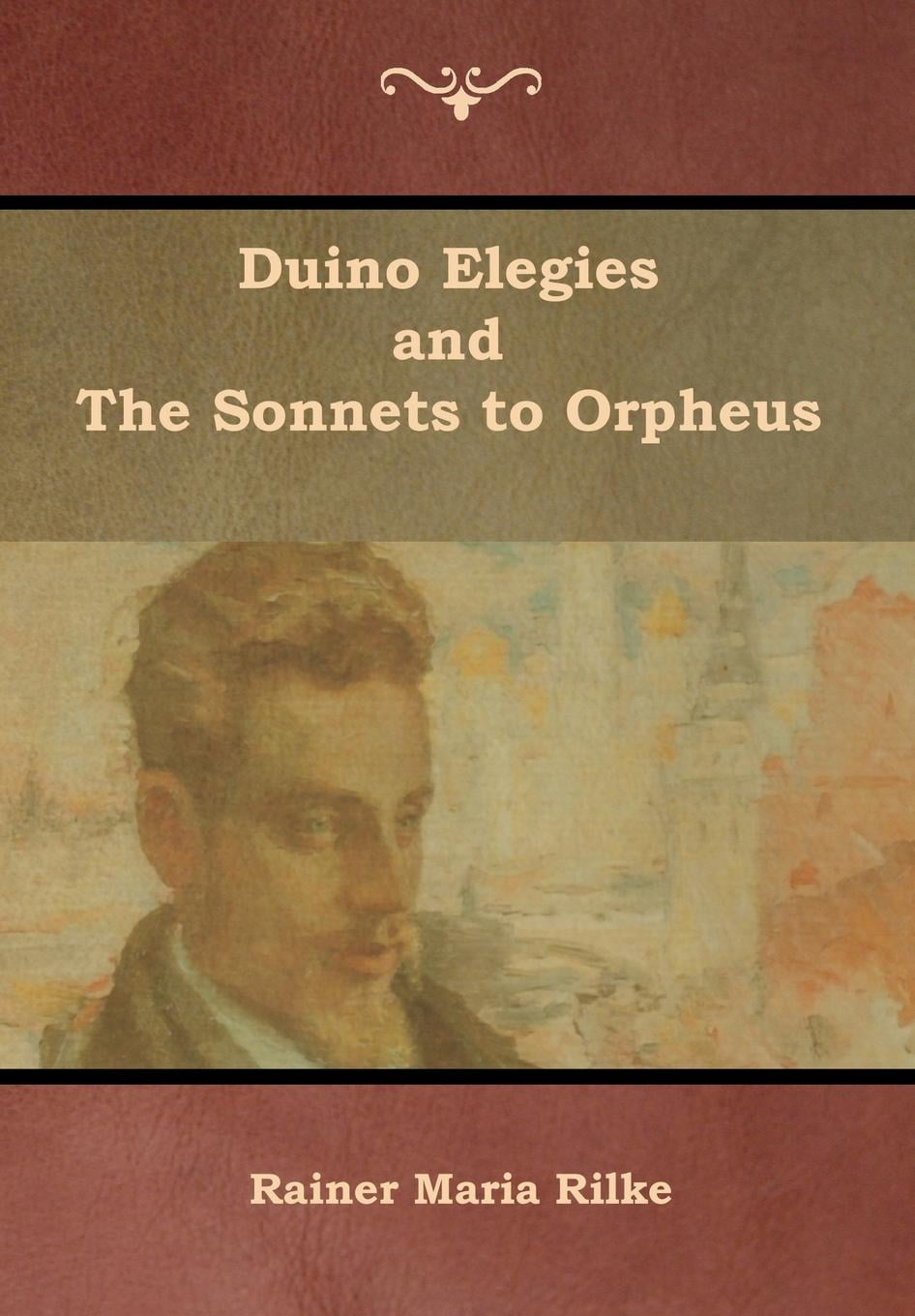

Rilke wrote his Duino Elegies between 19, starting at Duino Castle near Trieste and finishing at Chateau du Muzot in Switzerland. But we, needing such great secrets, for whom sadness is often the source of a blessed progress, could we exist without them? Is it a meaningless story how once, in the grieving for Linos, first music ventured to penetrate arid rigidity, so that, in startled space, which an almost godlike youth suddenly left forever, the emptiness first felt the quivering that now enraptures us, and comforts, and helps. Finally they have no more need of us, the early-departed, weaned gently from earthly things, as one outgrows the mother’s mild breast.

The eternal current sweeps all the ages, within it, through both the spheres, forever, and resounds above them in both. Angels (they say) would often not know whether they moved among living or dead. Though the living all make the error of drawing too sharp a distinction.

And it’s hard being dead, and full of retrieval, before one gradually feels a little eternity. Strange to see all that was once in place, floating so loosely in space. Strange: not to go on wishing one’s wishes. It is truly strange to no longer inhabit the earth, to no longer practice customs barely acquired, not to give a meaning of human futurity to roses, and other expressly promising things: no longer to be what one was in endlessly anxious hands, and to set aside even one’s own proper name like a broken plaything. What do they will of me? That I should gently remove the semblance of injustice, that slightly, at times, hinders their spirits from a pure moving-on. Whenever you entered, didn’t their fate speak to you, quietly, in churches in Naples or Rome? Or else an inscription exaltedly impressed itself on you, as lately the tablet in Santa Maria Formosa. It rushes towards you now, from those youthfully dead. But listen to the breath, the unbroken message that creates itself from the silence. Not that you could withstand God’s voice: far from it. Hear then, my heart, as only saints have heard: so that the mighty call raised them from the earth: they, though, knelt on impossibly and paid no attention: such was their listening. Have you remembered Gastara Stampa sufficiently yet, that any girl, whose lover has gone, might feel from that intenser example of love: ‘Could I only become like her?’ Should not these ancient sufferings be finally fruitful for us? Isn’t it time that, loving, we freed ourselves from the beloved, and, trembling, endured as the arrow endures the bow, so as to be, in its flight, something more than itself? For staying is nowhere. But lovers are taken back by exhausted Nature into herself, as if there were not the power to make them again. Begin, always as new, the unattainable praising: think: the hero prolongs himself, even his falling was only a pretext for being, his latest rebirth. Found as loving as those who were satisfied.


 0 kommentar(er)
0 kommentar(er)
